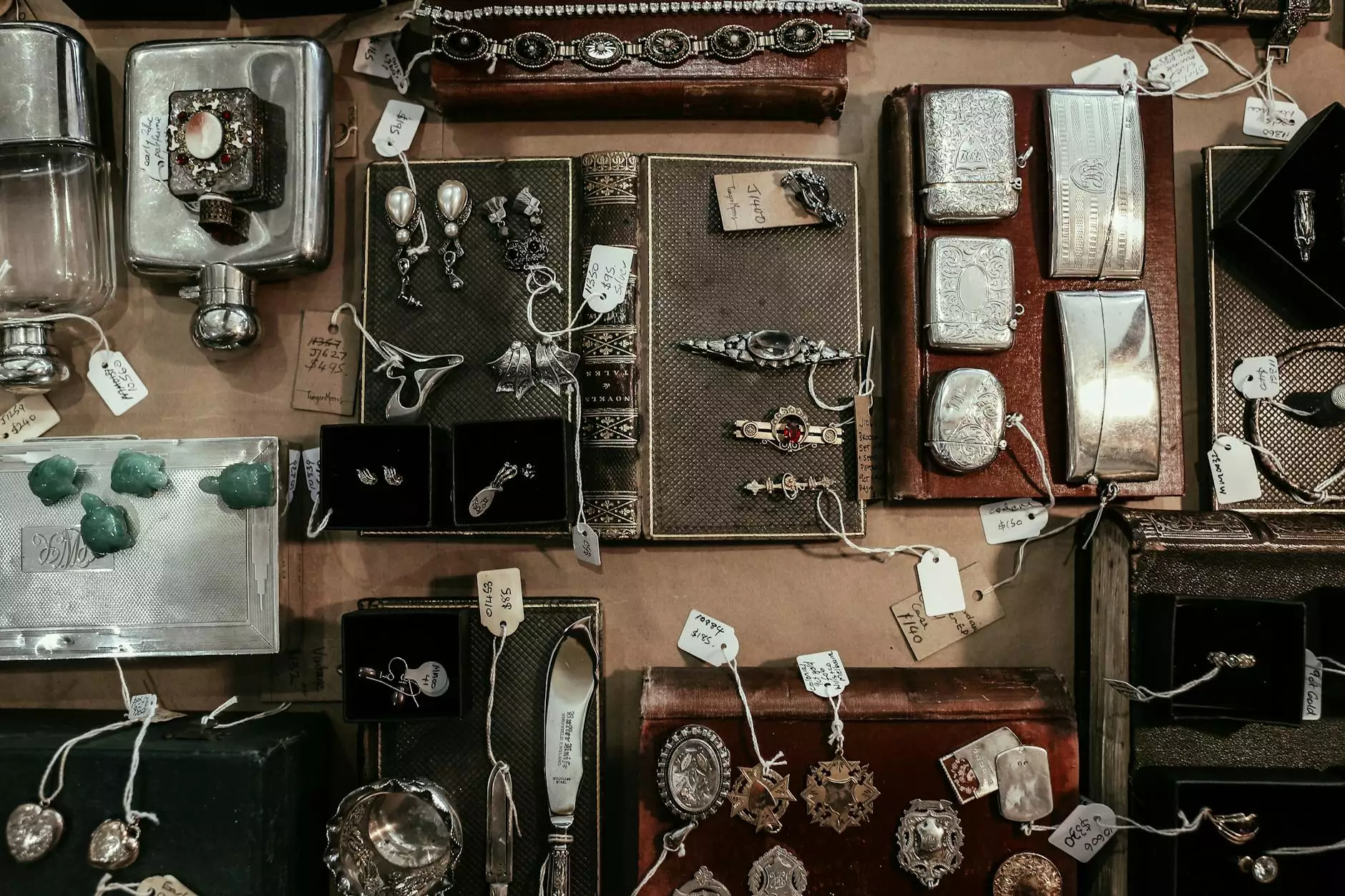The Importance of Dental Crowns in Oral Health

When it comes to ensuring the health and appearance of your teeth, dental crowns play a crucial role. These dental prosthetics are widely used in the field of dentistry to restore and protect damaged or weakened teeth, offering a range of benefits that go beyond mere aesthetics.
Enhancing Functionality
One of the primary benefits of dental crowns is their ability to restore the functionality of a damaged tooth. Whether your tooth has been weakened due to decay, fractures, or other issues, a dental crown can provide the necessary strength and support to allow you to bite and chew with confidence.
Protecting Natural Teeth
Dental crowns act as a protective barrier for your natural teeth, helping to prevent further damage and decay. By covering a vulnerable tooth with a crown, you can prolong its lifespan and avoid the need for more extensive treatments such as extractions or root canals.
Improving Aesthetics
In addition to their functional benefits, dental crowns can also significantly enhance the aesthetics of your smile. Crowns are custom-made to match the color, shape, and size of your natural teeth, resulting in a seamless and natural-looking restoration that blends in seamlessly with the rest of your smile.
Restoring Confidence
Having a damaged or compromised tooth can impact your self-esteem and confidence. Dental crowns can help restore your smile's beauty and function, allowing you to speak, eat, and smile without feeling self-conscious about the appearance of your teeth.
Types of Dental Crowns
There are several types of dental crowns available, including porcelain, ceramic, metal, and composite crowns. Your dentist will recommend the most suitable type based on your specific needs, taking into account factors such as durability, aesthetics, and cost.
The Dental Crown Procedure
The process of getting a dental crown typically involves two appointments. During the first visit, your dentist will prepare the tooth by removing any decay or damage and shaping it to accommodate the crown. Impressions of the tooth will be taken to create a custom crown that fits perfectly. In the second visit, the permanent crown will be cemented into place, completing the restoration.
Maintaining Dental Crowns
To ensure the longevity of your dental crowns, it is essential to practice good oral hygiene habits, including regular brushing, flossing, and visits to the dentist. Avoid habits that can damage your crowns, such as biting on hard objects or using your teeth as tools.
Conclusion
In conclusion, dental crowns are an essential part of modern dentistry, offering a range of benefits that go beyond just aesthetics. Whether you need to restore a damaged tooth, protect a vulnerable tooth, or enhance the appearance of your smile, dental crowns can provide a lasting solution to improve your oral health and overall well-being.









